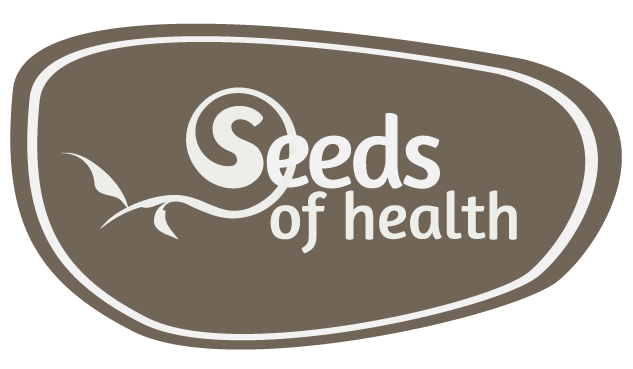Han has been teaching Yoga and Mindfulness in Cairns with a single, sincere wish to share the benefits of practice with others. His approach to the practices are lighthearted and is known for his capacity to deliver complex concepts in an accessible manner. For him, the practices are a way of thinking and living rather than just a band aid for life.
Show notes:
Has mindfulness become diluted? It is now an awkward word to use?
Yoga in the Western world has become diluted, however is still a useful practice due to the fast food/fast lifestyle we live in - all of it is supportive in some may. But choosing your teacher & tool is important.
The simplicity of mindfulness is that we pay attention.
The word has value. Mindfulness is a process of reduction. You can't DO more to get mindful. The harder you try - the further you are from it. You can only do less.
In today's world we often believe if we want something we must work for it. John Cabot's working definition of mindfulness is 'the intentional placement of attention without judgement or reaction or with an appropriate attitude.'
Intention is different to attention. The application of mindfulness is the intention of doing nothing, to do nothing, to get nothing.
Stress is the product of addition. Feeling the burden of more. Just by pausing we can support ourselves through stress.
Rest is the beginning step (like calling time out in the middle of a basketball game). Accepting the mess is the second step - surrendering.
Metta = The friendliness of kindness & compassion is an important attitude to bring to the process. A softness. A lightness.
Guilt itself is a heavy emotion - no matter what you feel guilty of.
Addictions are a result of trying to run away from an inner reality.
The more we practice emotions the more they become us (anger, depression, etc). We are made up of our thinking mind.
Do less & find the sweet spot. Or do less & the sweet spot will come.
Doing nothing, small or large, like having a cup of tea is enough of a practice. But don't feel pulled to fill the time while it cools. Incidental awareness is key (eg. incidentally look at the birds) to bring softness.
The key piece to mindfulness & peace is a willingness to do less, allowing life to unfold. Whether there be birds, breeze or not.
Han runs classes, private sessions & retreats. You can find all the info you need at - https://www.homeofequanimity.com/
